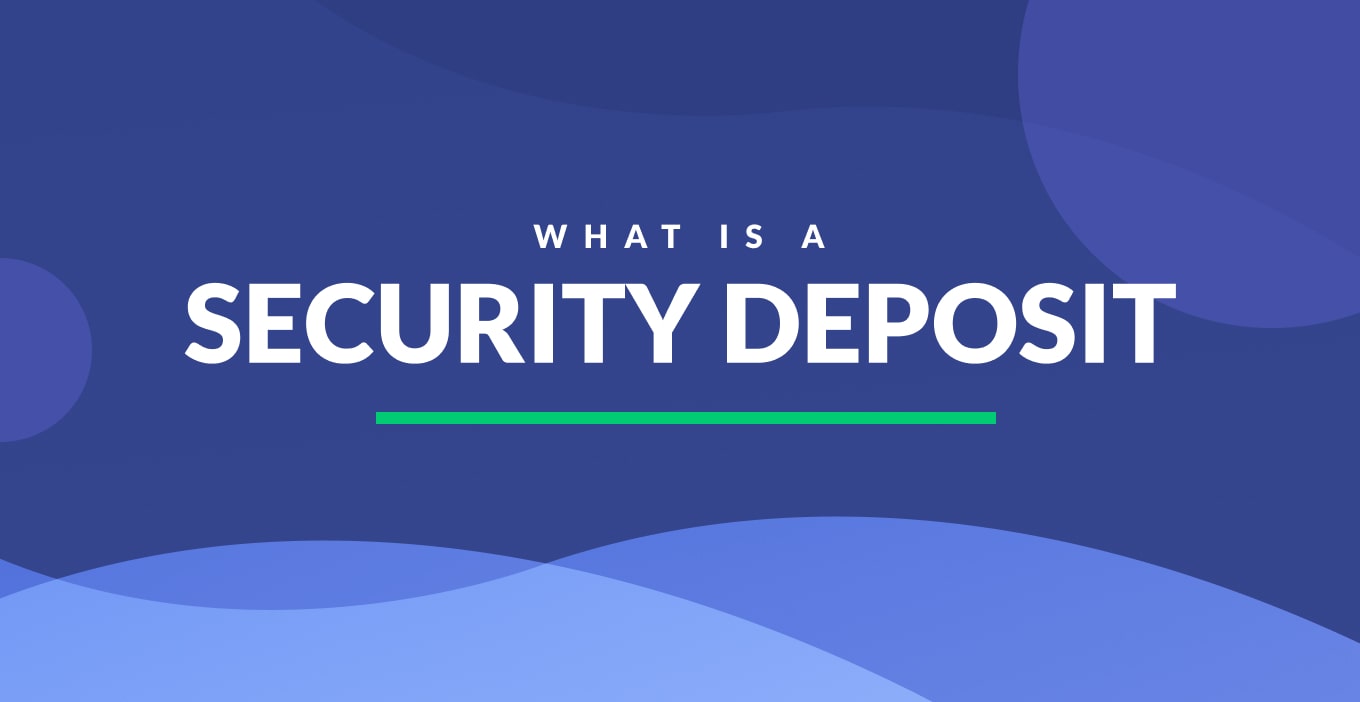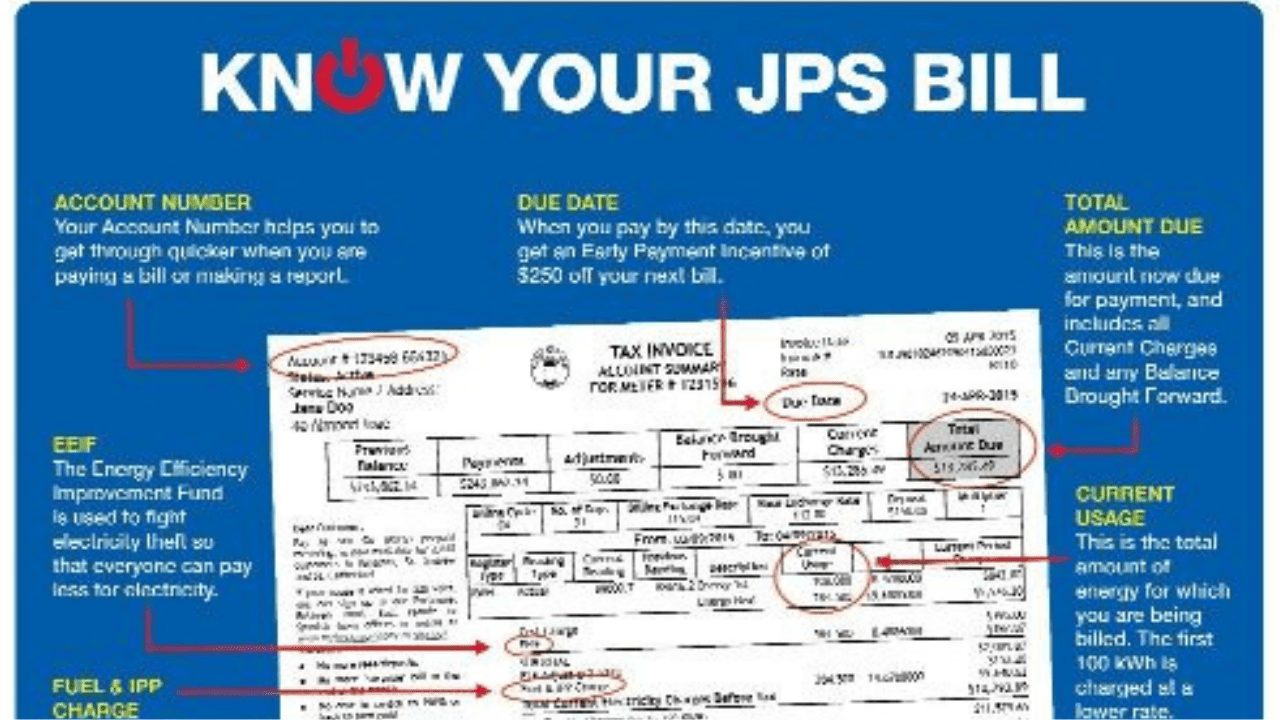
Understanding the Security Deposit: What You Need to Know
When renting a property in Jamaica, one of the key financial commitments you’ll encounter is the security deposit. Understanding how it works is essential to ensure a smooth rental experience and to protect yourself financially. Here's everything you need to know about security deposits in Jamaica:
1. What is a Security Deposit?
A security deposit is a sum of money paid upfront by a tenant to the landlord before moving into a rental property. It acts as a financial safeguard for the landlord in case of property damage, unpaid rent, or other violations of the lease agreement. If no issues arise during the tenancy, the security deposit is typically refunded when the lease ends.
2. How Much is the Security Deposit?
In Jamaica, the standard security deposit is usually equal to one month’s rent, but this can vary depending on the landlord and the property. In some cases, landlords may ask for a higher amount, particularly for furnished properties or higher-end rentals. It's important to clarify the security deposit amount and any additional fees before signing the lease.
3. What Does the Security Deposit Cover?
The security deposit is meant to cover potential financial losses for the landlord. These can include:
- Property Damage: If there is any damage to the property beyond normal wear and tear (e.g., broken windows, holes in walls, or damaged appliances).
- Unpaid Rent: If the tenant leaves without paying rent or has outstanding balances.
- Cleaning Fees: In some cases, the landlord may deduct cleaning fees if the property is left in poor condition when the tenant moves out.
4. When is the Security Deposit Returned?
The security deposit is typically refunded at the end of the lease, provided the tenant has met all the terms of the rental agreement. The landlord may inspect the property before returning the deposit. If there are any deductions (e.g., for damages or unpaid rent), the landlord should provide an itemized list explaining the reasons for the deductions.
5. How to Protect Your Security Deposit
To ensure you get your full security deposit back, here are a few tips:
- Document the Condition of the Property: Before moving in, take photos or videos of the property, noting any pre-existing damage or issues. This will serve as proof in case of any disputes when you move out.
- Understand the Lease Agreement: Read the lease agreement carefully and understand what is considered normal wear and tear versus damage. Make sure you know your responsibilities for maintenance and repairs.
- Keep the Property in Good Condition: Take care of the property and report any maintenance issues promptly to avoid larger problems down the line. Regular cleaning and minor repairs can help avoid deductions from your deposit.
6. Security Deposit Disputes
In the event that there is a disagreement over the security deposit, it’s important to communicate with your landlord and attempt to resolve the issue amicably. If the landlord refuses to return the deposit without valid reasons, you may need to seek legal advice or take the matter to a tribunal or small claims court, depending on local regulations.
7. Can the Landlord Keep the Deposit?
A landlord can only keep the security deposit or a portion of it if there is a valid reason, such as property damage or unpaid rent. The landlord must provide documentation or evidence to justify any deductions. If the landlord withholds the deposit without reason, it may be considered a breach of the rental agreement.
Conclusion
A security deposit is an important part of renting a property, but it doesn’t have to be a cause for concern. By understanding the purpose of the deposit, maintaining the property, and keeping communication open with your landlord, you can protect your financial interests and ensure a hassle-free rental experience. Always make sure to document everything and know your rights as a tenant when it comes to security deposits in Jamaica.



